Home > Politics > 2027: Tinubu Foresees More Opposition De...
2027: Tinubu Foresees More Opposition Defections to APC
By AnchorNews | 23 May, 2025 06:37:34am | 132
.jpeg)
President Bola Tinubu has declared that more opposition defections to the All Progressives Congress (APC) are expected in the lead-up to the 2027 general elections, reinforcing the ruling party’s growing political momentum and internal consolidation.
Speaking at the APC National Summit in Abuja, themed “Renewed Hope Agenda: The Journey So Far,” President Tinubu expressed confidence in the party’s appeal, noting that the ongoing wave of defections was a natural response to the failings of opposition parties.
“You don’t blame people for leaving a sinking ship without life jackets,” Tinubu remarked, referencing recent high-profile defections from the Peoples Democratic Party (PDP), Labour Party, and New Nigeria Peoples Party (NNPP). “We are in a constitutional democracy. Freedom of movement and association are enshrined in the constitution. Welcome to the progressives.”
His comments came on the heels of a landmark endorsement by the Progressive Governors Forum (PGF) and the APC’s National Working Committee, naming him the party’s sole presidential candidate for the 2027 election cycle.
Party leaders, including APC National Chairman Dr. Abdullahi Ganduje and 22 APC governors, unanimously backed Tinubu for a second term. Senator Hope Uzodimma, chairman of the PGF and Governor of Imo State, moved the motion during the summit, which was met with a resounding voice vote of affirmation by key party stakeholders.
Also present were Vice President Kashim Shettima, Senate President Godswill Akpabio, House Speaker Tajudeen Abbas, and other top-ranking officials, signaling a robust show of unity across all arms of government under the APC banner.
In recent months, the APC has welcomed a number of political heavyweights from opposition parties. Notable among them are Delta State Governor Sheriff Oborevwori, his predecessor Senator Ifeanyi Okowa, and several lawmakers at both state and national levels, including House Speakers from Delta and Edo States, and legislators from Kano.
This mass exodus has stirred speculation about a potential collapse of viable opposition, particularly with rumours of a new coalition forming around the African Democratic Congress (ADC).
While APC leaders hailed the endorsements as a sign of stability and progress, opposition voices and civil society groups expressed concern.
The Middle Belt Forum (MBF) described the endorsements as “sycophantic,” suggesting they were politically motivated rather than rooted in public interest. “The country is still grappling with economic hardship and insecurity,” said MBF President Dr. Bitrus Pogu. “Endorsing a second term now is disconnected from the realities Nigerians face.”
The Ijaw National Congress (INC) and pan-Yoruba socio-political group Afenifere both warned of the implications of a creeping one-party state, arguing that a healthy democracy requires vibrant opposition and diverse political participation.
The Conference of United Political Parties (CUPP) outrightly rejected the endorsement, calling it a “premature and desperate” move by a party afraid of electoral backlash. CUPP spokesperson Chief Peter Ameh insisted that “only the votes of Nigerians will decide 2027, not internal endorsements.”
Despite the criticisms, President Tinubu remained upbeat. He assured party members and the public that Nigeria’s economic revival was underway, touting reforms that he said had attracted foreign investment, boosted public revenue, and restored investor confidence.
He also urged patience from party loyalists awaiting appointments, promising that “many things are coming.”
As the political temperature rises ahead of 2027, Tinubu’s APC appears determined to consolidate power early. However, critics argue that early endorsements and mass defections are no substitute for addressing the nation’s pressing economic and security challenges.
The coming years may determine whether the APC’s aggressive positioning translates into electoral success—or provokes a stronger, more unified opposition movement.

Leave a Reply
Your email address will not be published. Required fields are marked *
Category
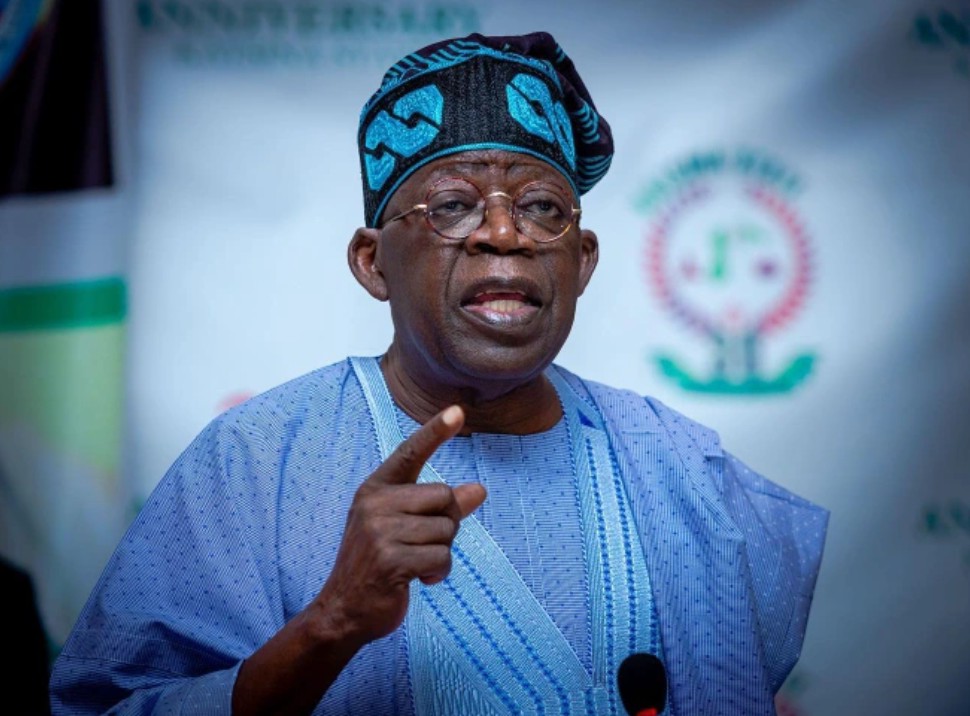 Politics
Politics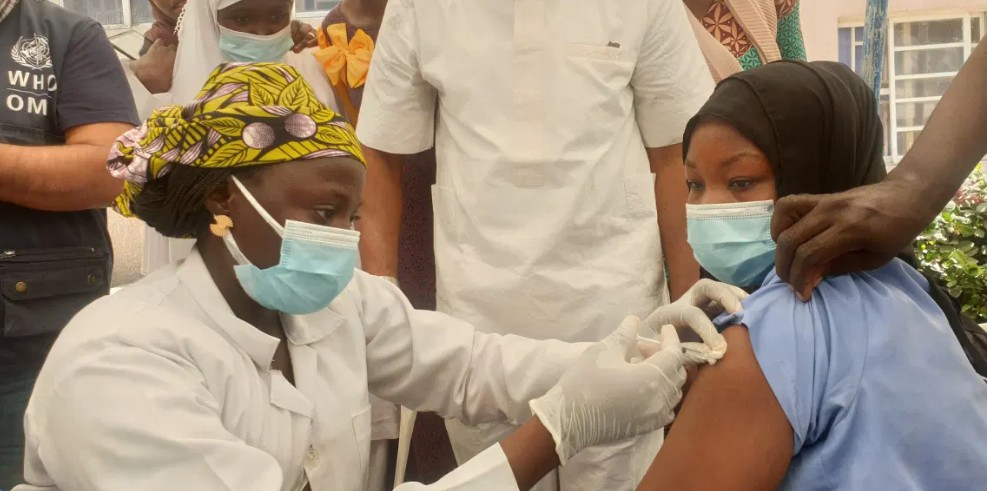 Entertainment
Entertainment Crime & Security
Crime & Security Technology
Technology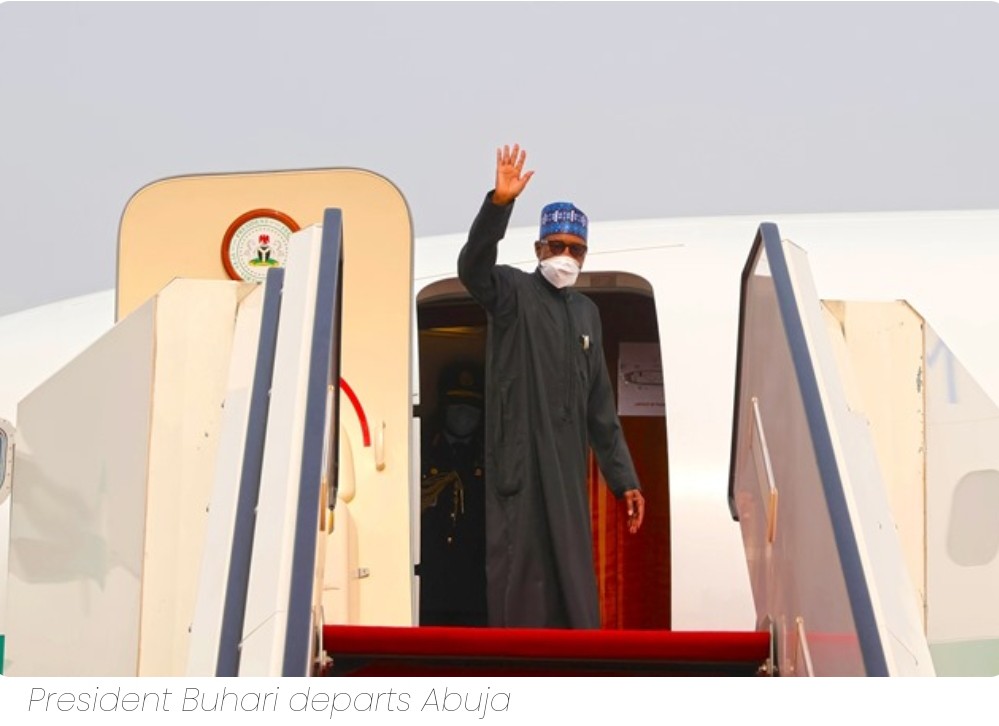 Culture & Tourism
Culture & Tourism.jpeg) Interviews
Interviews Opinion
Opinion Sports
Sports 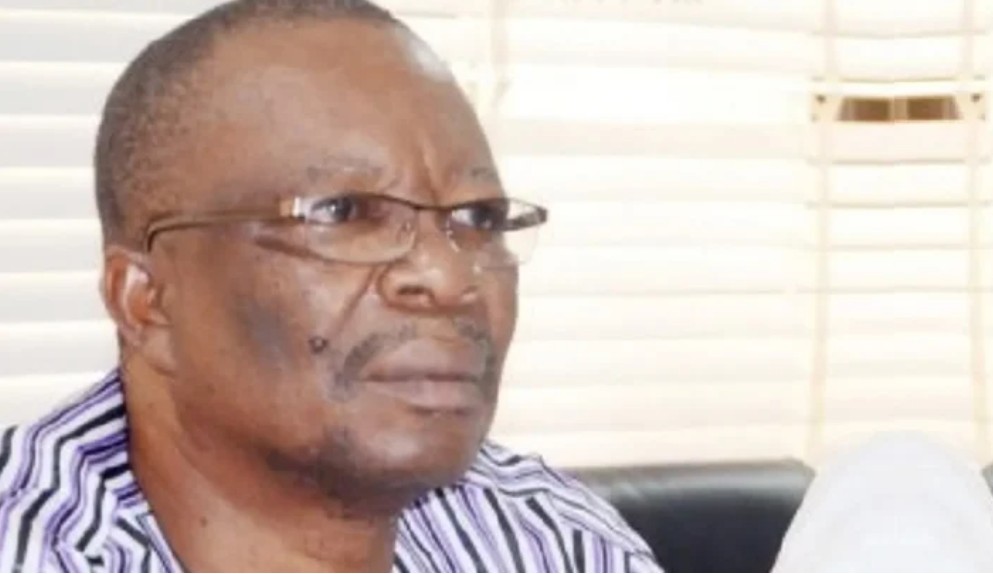 Education
Education  Health
Health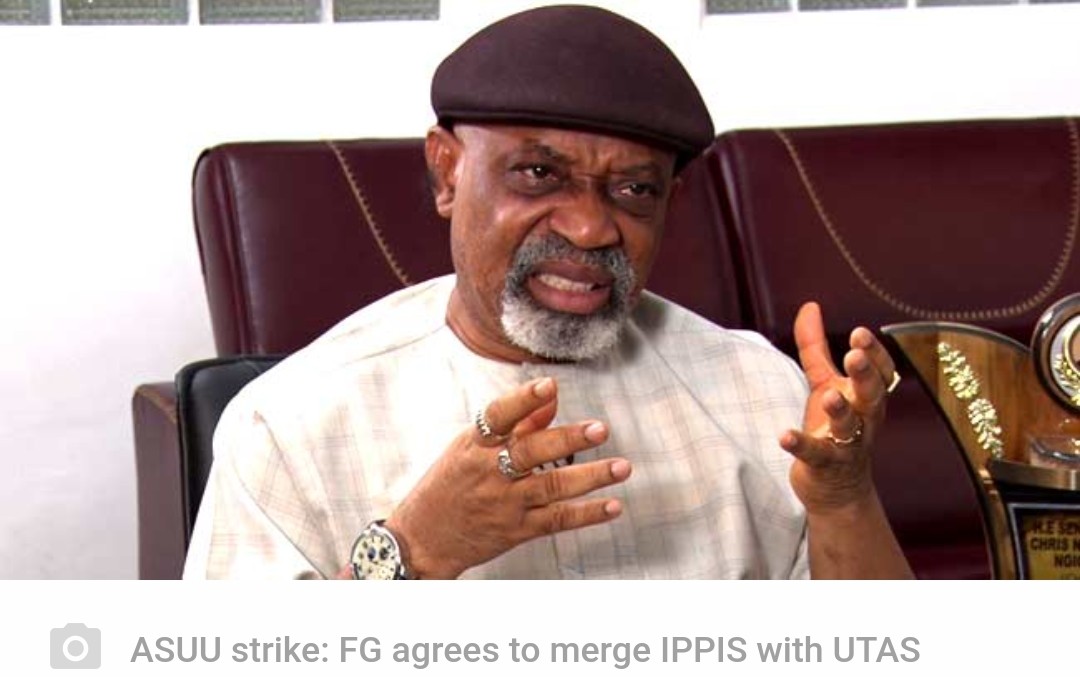 News
News Business & Economy
Business & Economy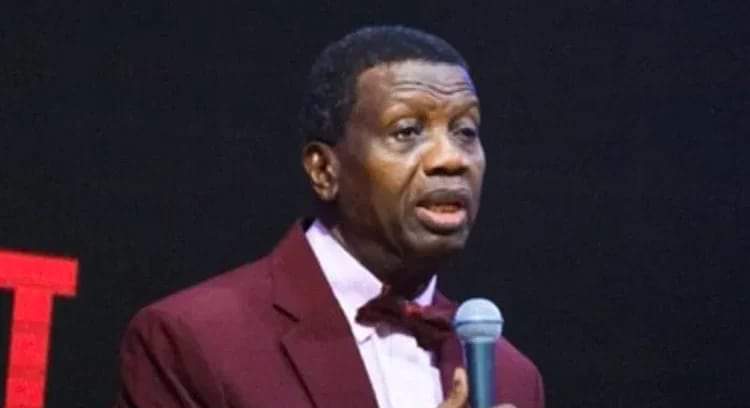 Religion
Religion